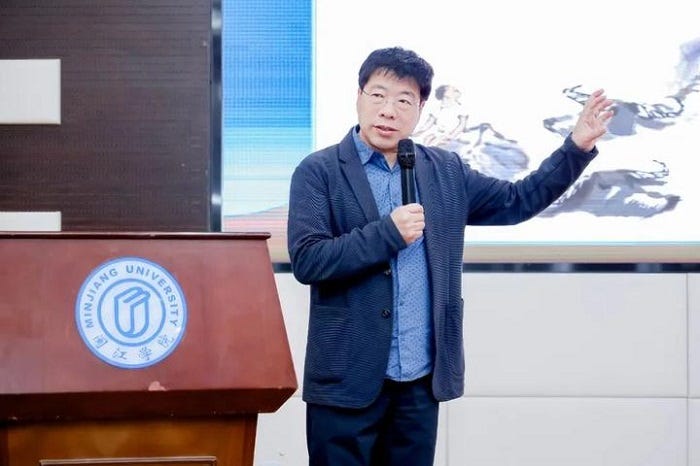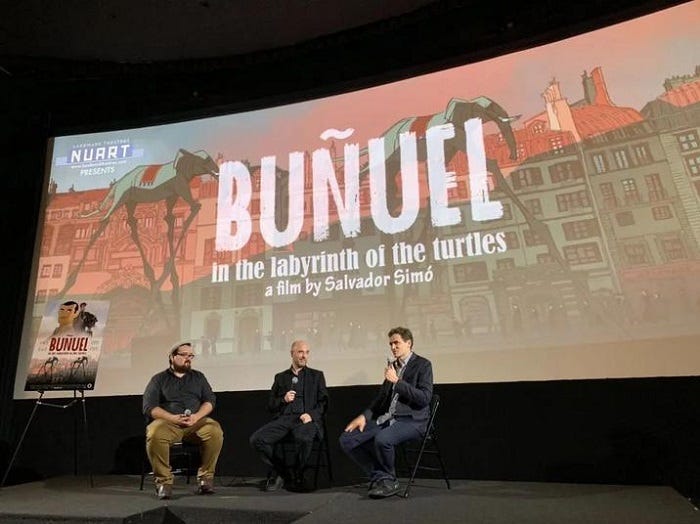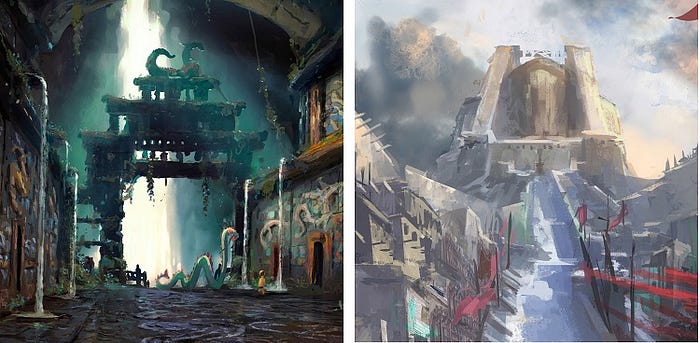Dragon culture is one of the cultural phenomena with the longest duration and the strongest vitality in traditional Chinese culture. On the occasion of the 50th anniversary of the establishment of diplomatic relations between China and Spain, producers Manuel Cristobal, Larry Levene and China Film Group jointly launched an animated film based on the Chinese dragon art image, Dragonkeeper.

The story is adapted from the fantasy novel of the same name by Australian writer Carole Wilkinson. It takes the dragon-raising girl Ping who lived in ancient China as the protagonist, and tells the story of how she grows into a legendary “dragonkeeper” with the help of the dragon.

Ping was sold to be a slave since very young, and was order to take care of the only two imprisoned dragons left in human society in the emperor’s castle. Until one day, one of the female dragons entrusted Queen Ping with a dream and died. When the dragon passed away, a dragon egg was left to Ping, which was called the “Pearl of Hope”. The dragon egg was taken away and presented to the emperor for treatment.

In order to retrieve the dragon egg, Ping and another male dragon Dan Zi embarked on an adventurous journey of thorns. After fighting side by side, they finally successfully sent the dragon eggs back to the ocean, saving the dragon clan from the fate of extinction. During this journey, she unlocks her special abilities and discovers that she is the last true “Dragon Keeper” in existence.
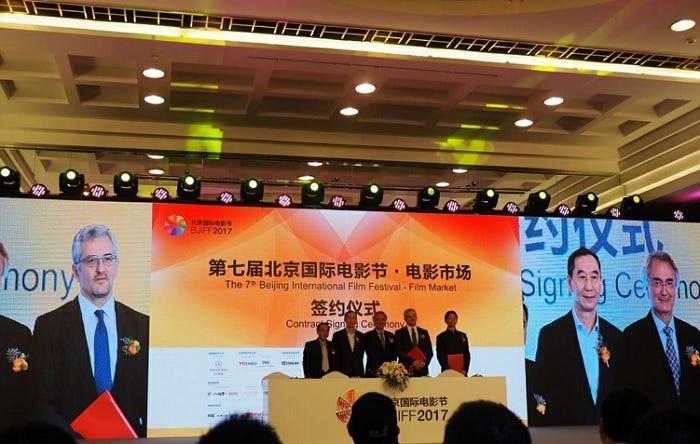
In April 2017, China Film Co., Ltd., China Film Animation Industry Co., Ltd., Spanish Dragon Media Company, and the Film Production Department of Telefónica held a co-production of the animated film Dragonkeeper at the 7th Beijing International Film Festival. The signing ceremony marked that Dragonkeeper has officially become a joint production project between Spain and China.
The entire work took about six years from project approval to its development and production, and was co-directed by two directors, Salvador Simo (Spain) and Jian-Ping Li (China). Jian-Ping Li joined the project as a Chinese director from the pre-production of the film. As the dean of the School of Animation of Beijing Film Academy, he has created many animated TV series and animated films and won various awards.
The most famous work of the director of Salvador is Bunuel in the Labyrinth of the Turtles, which captures the life fragments of the surrealist film master Bunuel and his friend and patron Ramon, and won the 32nd European Award. Film Award for Best Animated Feature. It is worth mentioning that this TV is also an animation film co-produced by Spain and France. At that time, it defeated the very famous French animation film I Lost My Body and became the dark horse of the European Film Awards.

Due to the relatively large cultural differences between the East and the West, for the production teams from the two countries, the cost of communication in the early planning and creation is relatively high. Especially the image and cognition of the concept of “dragon”, there is a huge difference between the two sides.

In ancient China, the dragon was regarded as a symbol of imperial power and an auspicious creature. To this day, the dragon remains a highly revered symbol in Chinese culture, representing wealth, wisdom, success, power and luck. Chinese people proudly believe that the sons and daughters of Huaxia are the descendants of the dragon. But in the eyes of Westerners, dragons are terrible monsters, and evil dragons will eventually be killed by brave heroes.
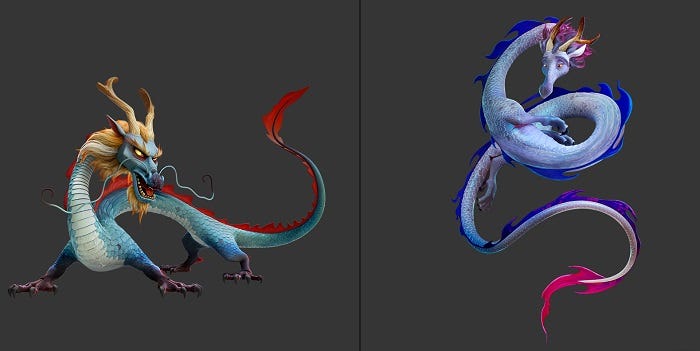
In order to better restore Chinese cultural elements in the film, the art design teams of both parties followed director Jian-Ping Li to Xi’an and Sichuan in China to conduct material inspections. Combining sufficient historical materials, they completed the film’s modeling and scenes, including the dragon’s modeling.

In terms of visual effects, Sergio Pablos, the director of Oscar-nominated Klaus, provided professional advice on visual aesthetics and helped to make all character designs, story concepts and the scene design.
Producer Larry added: “The animation itself is done in Maya, and the tools used to make it are also the usual categories, but the artistic approach we use is more realistic and minimal than Disney or Pixar classic animation. This artistic approach is very important to this Perfect for a movie! Our philosophy is — less is more.
Although the specific release time has not yet been announced, the film is coming to theaters this August. You can have a sneak peek of the trailer above first. In the meanwhile, remember to stay tuned, we will update you with the latest information of the film as soon as possible.
erlitta erlitta erlitta erlitta erlitta erlitta erlitta erlitta erlitta erlitta erlitta erlitta erlitta erlitta erlitta erlitta erlitta